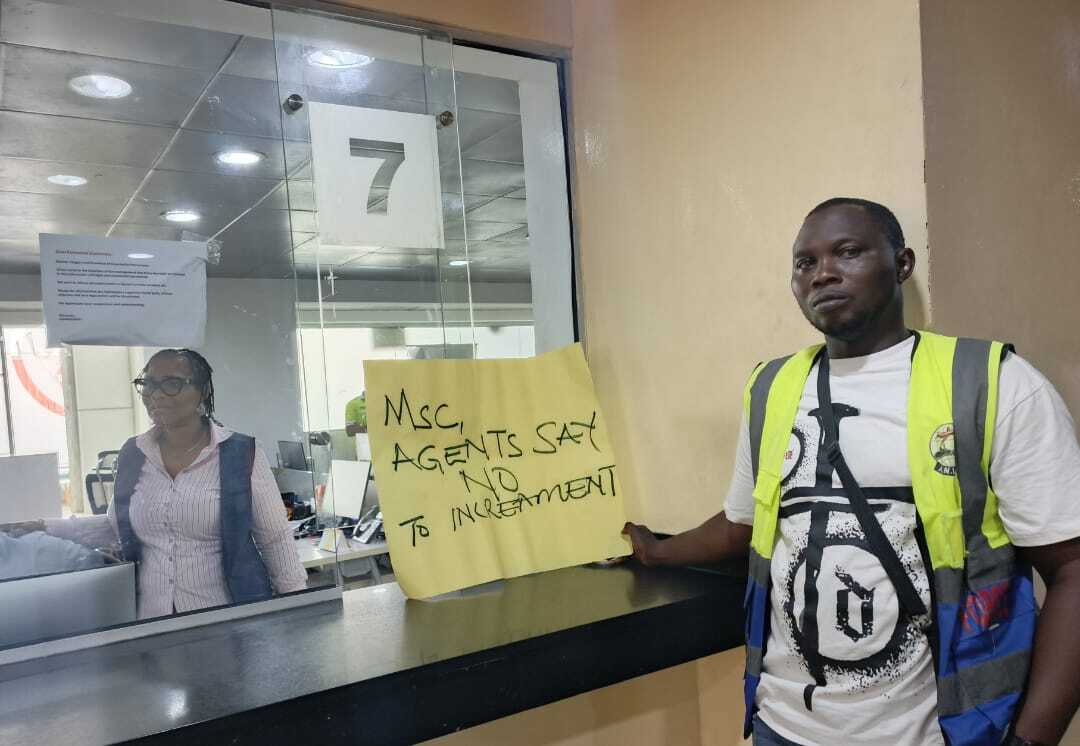
Group Chief Executive Officer, Tingo International Holdings, Dozy Mmobuosi, has said projected benefits of the African Continental Free Trade Agreement (AfCFTA), could be hampered unless African leaders focus on strategic plans, working with stakeholders and adopting technology to drive the agreement.
January 1, 2021, ushered in a new era for trade in Africa as the AfCFTA became effective, three years after its debut.
Hopes are high and there is considerable optimism among the African business community, as the potential benefits to be derived from the single market agreement for goods and services as well as capital movement across Africa, whose Gross Domestic Product (GDP) is valued at $3.4 trillion by the World Bank, could be tremendous.
Although Mmobuosi expressed excitement about the agreement, he stressed the need to give businesses across all sectors of the economy access to the value chain, improved, reliable information, and use technology to build value added ecosystems.
He argued that the increasing mobile penetration, which is connecting the agricultural value chain that is accountable for a significant share of Africa’s economy, would play a key role in fast tracking the objectives of the trade pact, especially in the face of existing bottlenecks across borders and ports on the continent.
He assured that Tingo Mobile, is committed to supporting millions of farmers and other key players in the agricultural value chain with telecommunications financial services (Fintech) and access to market, among others.
Mmobuosi believes that a marketplace platform like Nwassa that connects every actor in the agricultural value chain, from farmers, to packaging and logistic partners to everyday people looking to purchase fresh produce at the best prices, would be of great importance to achieving the objectives of the agreement.
For many years, Africa has been largely dependent on foreign aid and with most of its population living below the poverty line, he sees the AfCFTA as a major step toward the continent growing its economy as more African businesses will learn to leverage its enormous natural and human resources.
“Implementation is critical,” Mmobuosi affirmed, adding that the agreement could be the best thing that has ever happened to Africa, if implemented and executed well.
“The decision makers need to engage every stakeholder to drive the agreement. Technology firms are already solving real African problems, hence the need for the government to work with the private sector to focus on forward thinking policy making which drives growth across the continent.”
Mmobuosi also expressed the need to promote healthy economic conditions for businesses across the continent. “No single company should be so powerful to determine the choices that customers must make and what goes on. There should be competition and the market should have choices of which platform or provider to use.”
The agreement, which was signed by 54 of the 55 African Union member nations, is the second largest free trade area by participating countries after the World Trade Organisation with 164 members.






